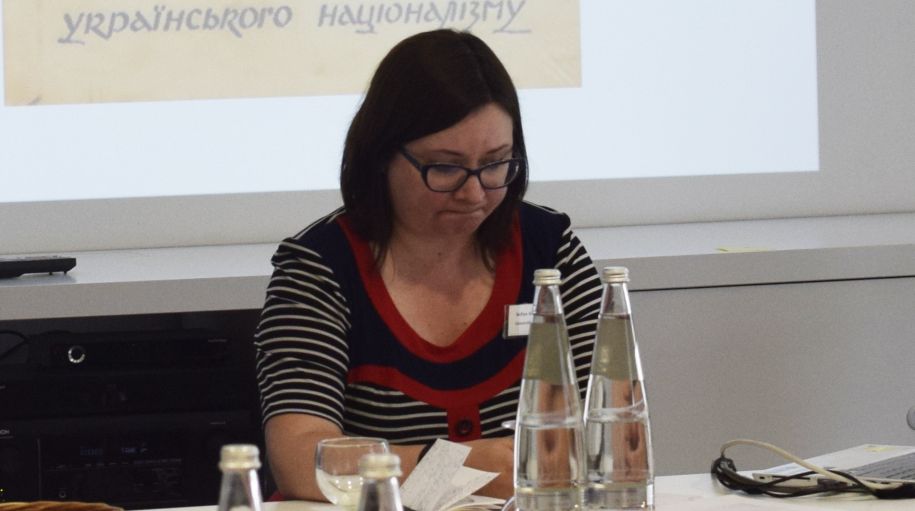Their profession aside, on the surface, there is very little in common between the two figures. Nikolaev, a France-raised self-identified Russian intellectual, inspired by the ethical teaching of Lev Tolstoy, devoted his professional life to the practical needs of Soviet society, using anthropometrics to (what he perceived as the means of) improving economic productivity and the social adaptation of Soviet citizens coming from different ethnic backgrounds. In his partially preserved diaries from the 1930s, he comes across as a harsh critic of both Stalin’s regime and the rising Nazi power. Yendyk, on the contrary, was a devoted Ukrainian nationalist of a radical kind, to the point of authoring the first (cautiously enthusiastic) Ukrainian biography of Hitler in 1934. He consequently embraced irrationalist racist trends of German anthropology and strove, albeit with a limited success, to promote a Ukrainian equivalent of Nazi racial science. Curiously, however, among all anthropological publications from the Soviet Ukraine, he valued most those that were produced or supervised by Nikolaev, and dismissed those authored by Kyiv-based scholars, who continued a more traditional school of Ukrainian populist/nationalist anthropology. My paper aims to address this evident paradox, by looking into the construction of ethnicity, authority and power in Nikolaev’s and Yendyk’s oeuvre.
Anthropology, Truth, and Self-Fashioning
The Lives and Works of Rostyslav Yendyk (1906-1974) and Lev Nikolaev (1898-1954)
The talk was held in the framework of the Prisma Ukraïna Workshop “Transnational Conversations: Scientists and the Big Questions of Twentieth-Century History”, 26 June 2018 in Berlin.
The paper compares the intellectual biographies of two anthropologists, Rostyslav Yendyk and Lev Nikolaev, who, during the interwar period, lived and worked in the intellectual centers, respectively, of (then Polish) Lwow/Lviv, and Soviet Kharkov/Kharkiv.


